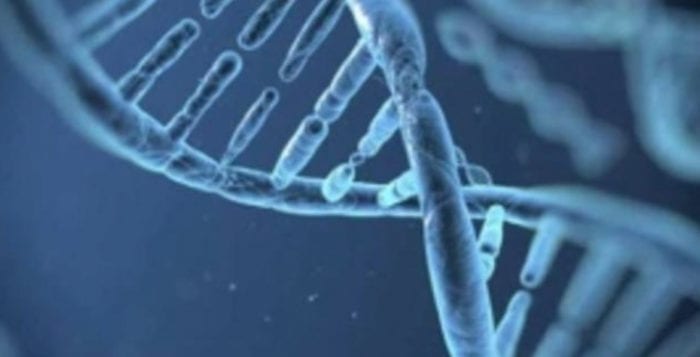Life Lines: The all Earth genome project
By Elof Axel Carlson
There are projects underway to test the feasibility of sequencing every species on Earth (including extinct species where their DNA is still available). The largest of these programs is in China, which is hoping to sequence the 1.5 million known named species of animals, plants and microbes.

Phase one will sequence one species from each of 9,000 families (the taxonomic unit above the genus level). The second phase will sample one each of the 200,000 forms of life described as belonging to a genus. Phase three will look at all the species remaining.
It is a daunting amount of work. Think of it this way. There are 6.8 billion telephones on Earth. If you entered every telephone book into one computer site, you would have access to more than 90 percent of all living people.
Looking up a phone number would also give you information on the person’s name, country that person lives in and the home or business address. For perhaps one billion of them who are listed in Yellow Books, it would tell you what they do for a living.
But DNA sequences will do more than identify a species. The sequence of genes and their functions will classify the organism and tell us if it is a plant, animal or microbe, and what it does as a particular species. We would know its anatomy, physiology, metabolism, life cycle, mean life expectancy, where to find it on Earth, what it eats and how it lives.
For humans it would show how we are related to the 7 billion other humans on Earth. It would provide abundant information on how all of us are related in an evolutionary pathway of immense size. The Chinese company, BGI, located in Shenzhen, estimates it will take 10 years and cost about $5 billion to complete the project.
There are six other projects underway around the world. One is seeking to sequence all vertebrates, a second wants to do that for arthropods (mostly insects, spiders and crustaceans), a third is looking at marine invertebrates, a fourth is interested in the world’s ants, a fifth prefers to sequence the world’s birds, and the sixth is seeking to identify all African food crops.
As far as I know, no one is trying to do a genome sequencing of all human beings. The closest to doing that is the country of Iceland, which has asked its citizens to volunteer and give a sample of saliva for DNA sequencing. Half of Iceland’s people have done so. They are mostly descendants of Viking settlers and their DNA studies are immensely helpful for looking at genes involved in human disease risks (such as birth defects, Alzheimer syndrome, cancer, hypertension, risk of late-onset diabetes, heart disease and strokes).
The implications of this effort to gain knowledge of the world’s genomes are numerous. For evolutionary studies they are a remarkable resource. For medical diagnosis they are equally valuable. They will be a gold mine of rich ores for the pharmaceutical industry. Think of all the antibiotics that will be mined from the microbial genome data. Just as there are tens of thousands of projects engineers do for buildings, electronics, infrastructure and transportation so, in the coming decades, will thousands of projects emerge and new fields of science from applications of this immense resource of the all Earth genome project.
Will this also involve bad outcomes of new knowledge? Certainly. We did not abolish engineering because engineers have designed most of the weapons used in war. We did not abolish chemical industries because some of them gave us environmentally toxic or harmful agents like DDT, Agent Orange, gas in World War I or thalidomide. We do not condemn X-ray diagnosis because radiation can induce gene mutations. What we do is regulate our technological innovations.
Think of regulation in industry as something like criminal law in society. We punish those who break laws (embezzlement, theft, assault, rape, slander, robbery, kidnapping, extortion, bribery). Regulation addresses many issues only one of which is misconduct. Similarly, law addresses wrongs, not all of which are criminal (we call that noncriminal law civil law). Some politicians want to do away with regulation of industries.
Is not dumping wastes into rivers a criminal act? Is not choking a city with industrial gases a criminal act? Laws can be changed or even abolished, but loss of human life, damaged health, destruction of ecosystems and putting the brunt of waste disposal on those most vulnerable (the poor) should be regulated.
I am an optimist, not a Pollyanna, about the future of the all Earth genome projects. We need both new knowledge and new regulation.
Elof Axel Carlson is a distinguished teaching professor emeritus in the Department of Biochemistry and Cell Biology at Stony Brook University.







